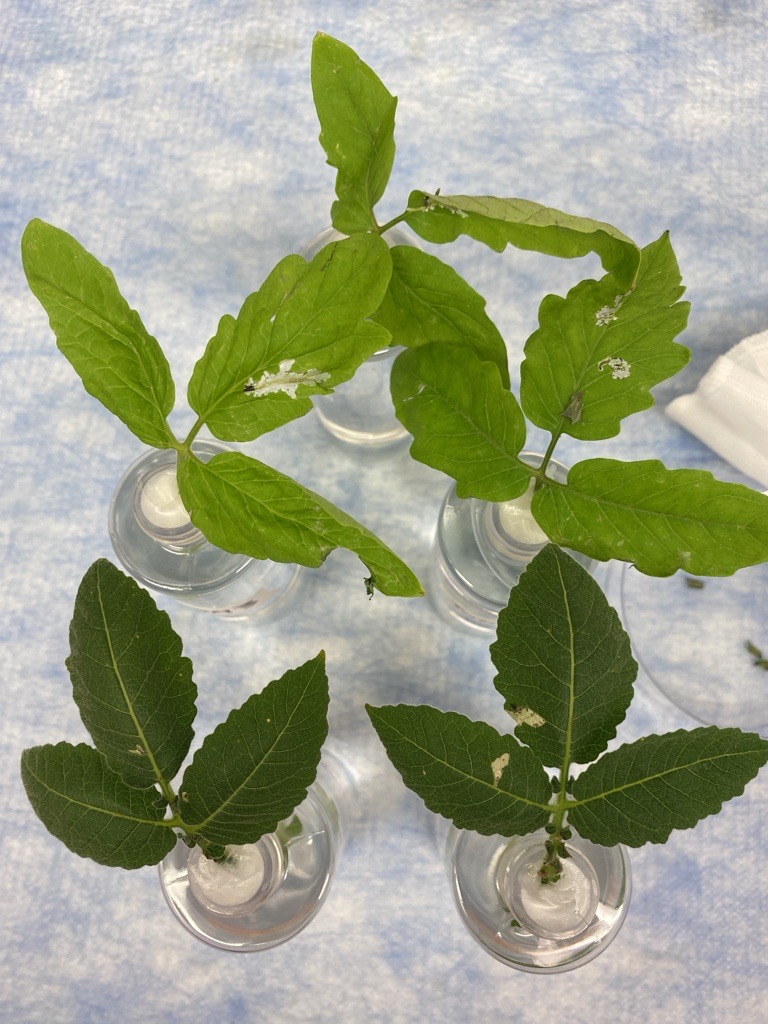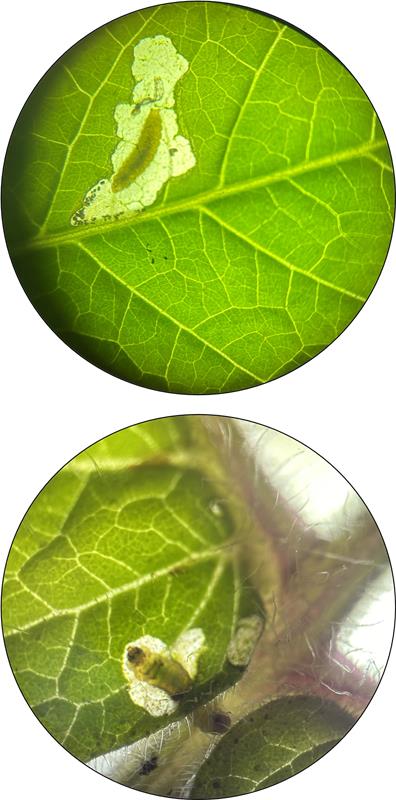
California leads the nation in specialty crop production, growing more than 400 different crops across its diverse agricultural landscape. With such variety comes a complex web of pest management challenges that demand innovative, research-driven solutions. The OARS Office of Pesticide Consultation and Analysis is continuously working to support pest management that meets agricultural needs and state policy goals. One way we do that is through our Adaptive Integrated Pest Management (IPM) for Invasive Agricultural Pests grant program, which is currently accepting applications.
The program’s goal is to develop IPM program(s) or components that can be rapidly implemented when new invasive agricultural pests arrive and become established in California or when recently arrived invasive pests resurge or expand their range or host species. The program also supports research to refine and optimize existing IPM strategies to improve their effectiveness or exploring additional control measures against established invasive agricultural pests that drive extensive pesticide use but remain uncontrolled due to developed pesticide resistance. If you are researching innovative ways to control invasive pests, check out the Request for Proposals.

One previously funded project that recently completed is ‘A proactive approach to prepare for the invasion of Tuta absoluta into California’ lead by Dr. Ian Grettenberger. This project addressed the South American tomato leafminer, Tuta absoluta, a devastating pest of tomatoes of high concern to California. If T. absoluta invades California, there will be an immediate need for management information to address its spread and to protect tomato production. Because T. absoluta has been spreading through other parts of the world, there is the opportunity to adapt existing knowledge to California’s needs.
Management tactics tested include chemical management, biological control via indigenous and introduced natural enemies, and cultural management through variety resistance and plant breeding. Information on these methods will help growers and officials in the short-term and will help provide long-term solutions for T. absoluta in California.
Author: Kevi Mace


Now that USDA pulled their hass avocado pest inspectors out of Mexico and relies on few Mexican inspectors to ineffectively inspect their billions of pounds flooding our market we have another terrible weevil that is in our groves that is devastating to the California avocado industry. Please help us avocado farmers by insisting the US INSPECTORS be reinstated.
Hello Jennifer,
We have passed along your concerns and contact information to the Plant Health Division of CDFA, which leads pest detection efforts. We also recommend that you contact USDA APHIS directly to voice your concerns.